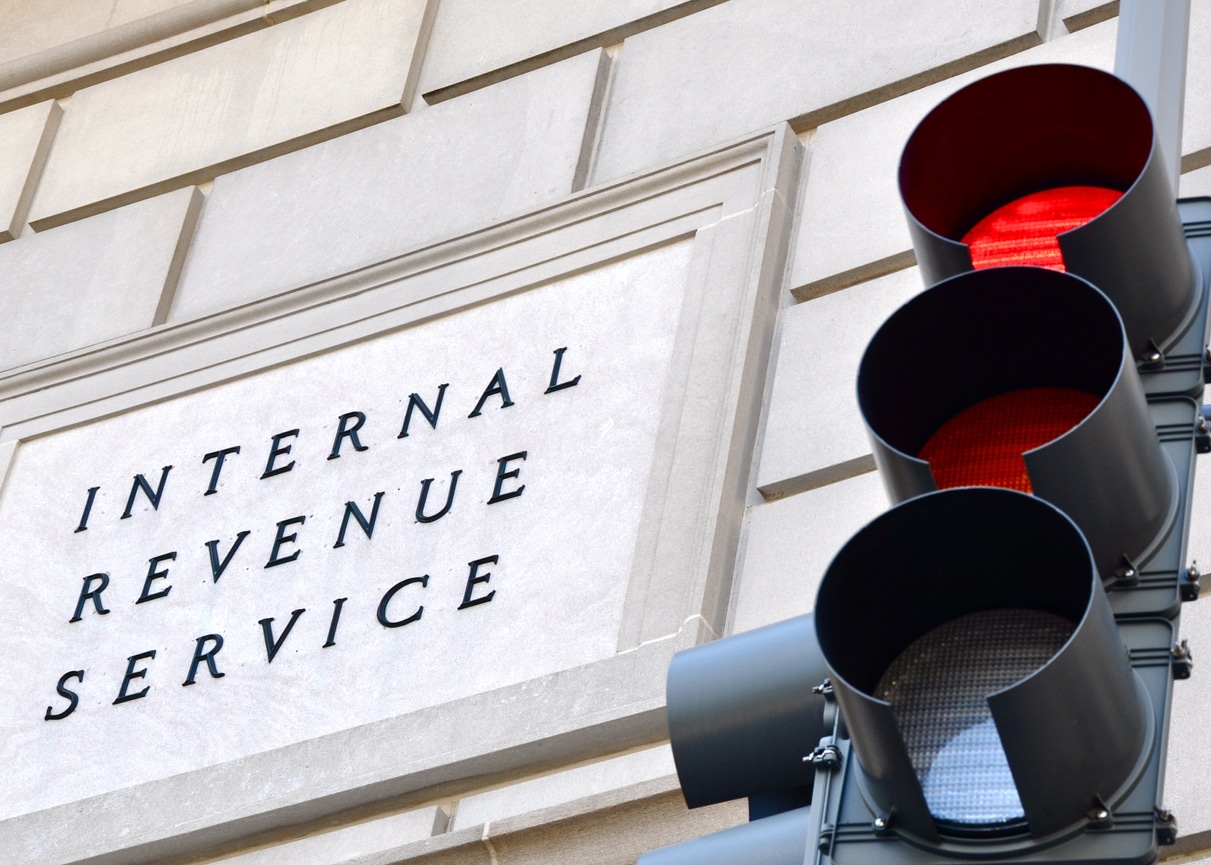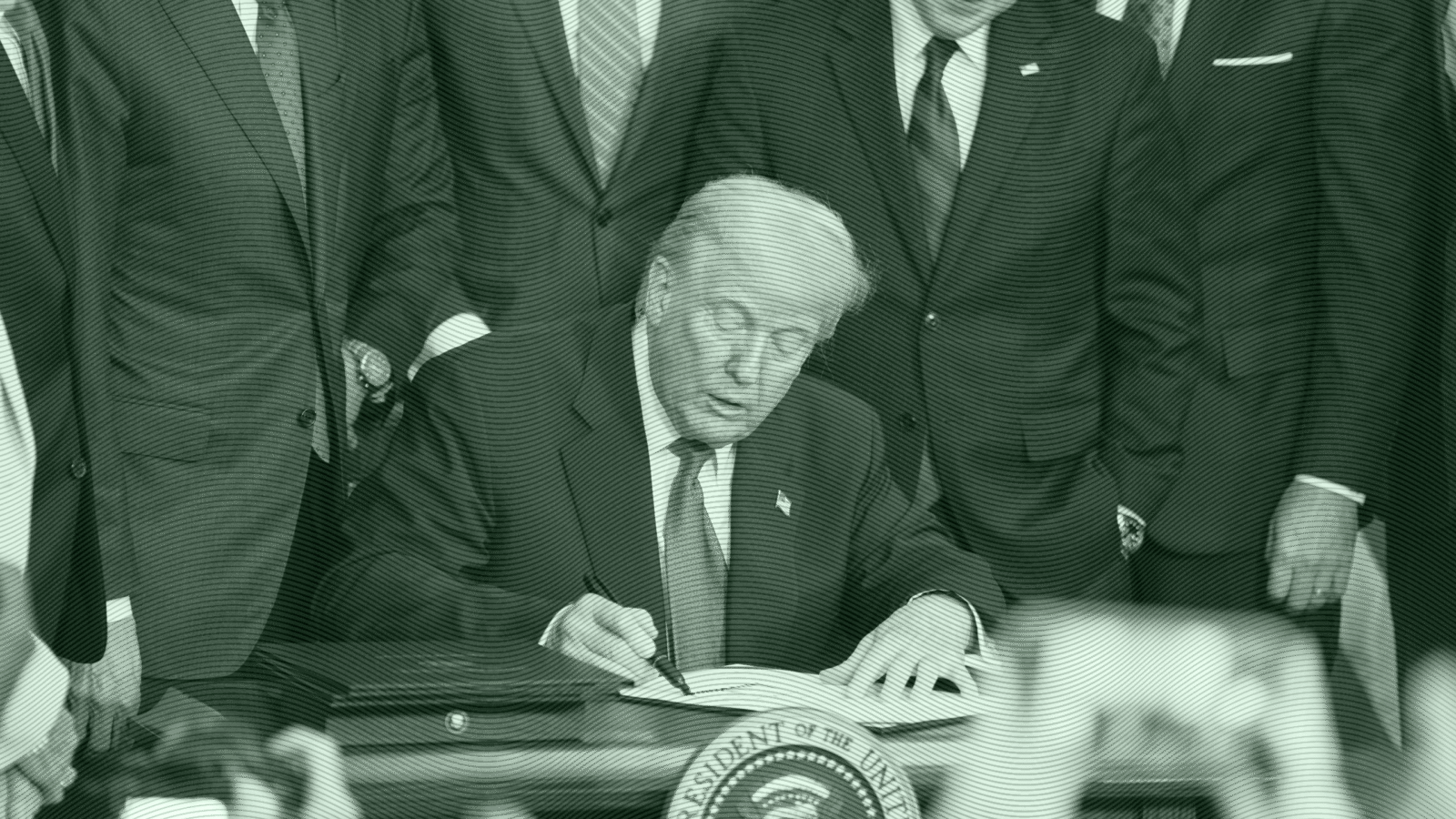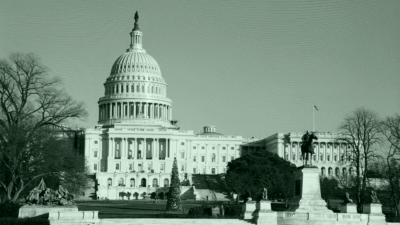
Sign up for market insights, wealth management practice essentials and industry updates.
The United States fails to collect $1 trillion every year in unpaid taxes, according to Internal Revenue Service (IRS) Commissioner Charles Rettig. That’s more than the GDP of at least 179 countries.
With that in mind, one might hope the agency is cracking down on tax evaders. But new research from Syracuse University says one group of concern, high earners, is being far less scrutinized than they were just a few years ago. One might also say, “ real shocker there.”
Be Audit You Can Be
Roughly 99% of taxes on wages are paid straight to the IRS, something most people know all too well because they’ve seen their payslips. But only 45% is paid on less visible sources of income, according to the US Treasury Department. This gap “disproportionately benefits high earners who accrue more of their income from non-labor sources where misreporting is common,” the Treasury adds.
Rather than leading to more scrutiny, this resulted in less:
- Of the almost 620,000 returns by people who made over $1 million last year, only 14,000 or 2%, were audited, according to IRS data reviewed by Syracuse’s Transactional Records Access Clearinghouse. Ten years ago, in 2011, that number was 40,000, or 12% of million-plus earners.
- The IRS audited 1.3% of tax returns filed by people who made $25,000 or less last year. But only 0.45% of returns by people who made $200,000 to $1 million were audited. The highest audited counties in America tend to be “poor, rural, mostly African American and in the South,” according to ProPublica.
Accounting for the Gap: The IRS says audit numbers for those who make $25,000 are higher because they can apply for the Earned Income Tax Credit (EITC). But a 2019 IRS study also found that 20% of those eligible for the credit don’t apply, in part because many have been subject to onerous audits that discourage them from applying later on.
Don’t Call Us, We Won’t Call You: It’s no secret that the IRS is overwhelmed due to underfunding. The agency’s budget has decreased 20% since 2010, while the number of US taxpayers has gone up 19%. Last year, the agency only managed to return 32 million of the 282 million phone calls it received.











